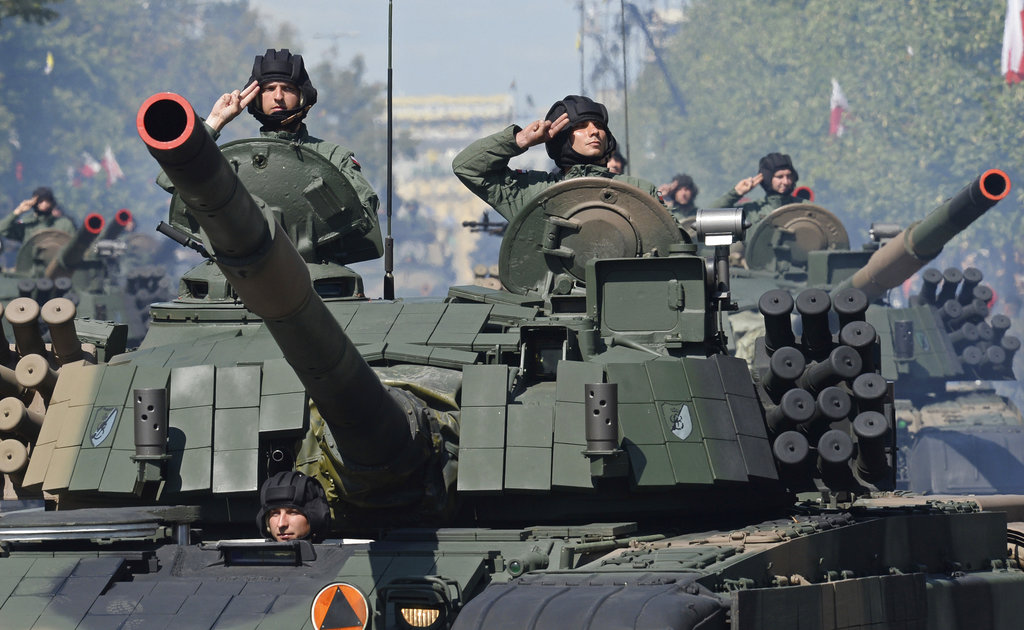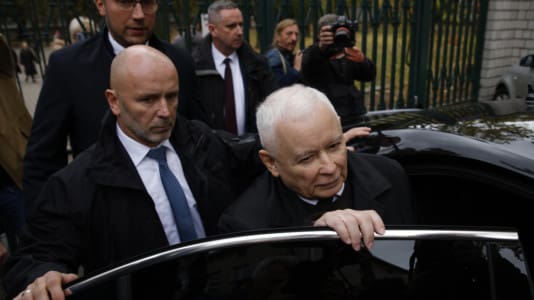Potential new players in the new liberal Polish government have uttered murmurs about possible cost-cutting of its armed forces, it has emerged.
Tomasz Siemoniak, who is vying for the role of defense minister and served in the position during Donald Tusk’s previous administration, claimed that an army of 150,000 troops should be sufficient for a country the size of Poland, with an additional 30,000-40,000 territorial forces and 20,000-30,000 in voluntary military service.
This would be a considerable decrease from the current size of Poland’s military. Today, its army is 187,000 strong with 50,000 in its territorial army reserves and 16,500 in voluntary military service.
Poland’s outgoing Defense Minister Mariusz Błaszczak disagreed strongly with Siemoniak’s remarks and warned that now was the worst possible time to consider cutting the military in an increasingly unstable world.
Błaszczak did admit, however, that he was not surprised by the proposals, as he remembers how the previous liberal government cut the numbers and closed units in parts of the country.
Deputy Defense Minister Wojciech Skurkiewicz reminded in an interview on Polish Radio how the previous liberal government presided over an army of just 96,000 soldiers who were located almost exclusively in the west of the country.
Commenting on the plans, retired General Roman Polko noted how the current size of Poland’s army was not overzealous in comparison to its population. He cited Israel, which currently has an army of 170,000 plus a reserve of 465,000 in a country with just 9 million people, and communist Poland, which as a result of conscription had an army numbering 400,000 while Poland at that time smaller population than today.
Former Defense Minister Antoni Macierewicz added that Finland which has a population of 5.5 million and has 280,000 soldiers and 870,000 reservists.
Greece is another example with 130,000 troops and 220,000 reservists in a country of 10.5 million.
Poland has been praised for ramping up its defense spending and increasing troop numbers under the conservative Law and Justice (PiS) party. It has also become a leader in Europe and NATO by spending 4 percent of its annual GDP on defense, double the minimum amount required of NATO member states.






